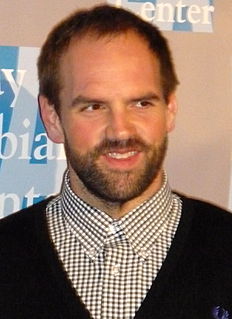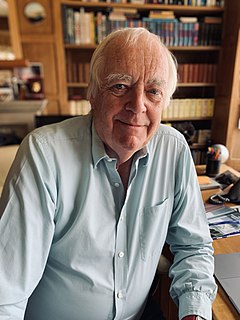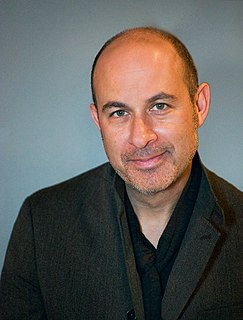A Quote by Maurice White
I think the '70s was a much healthier period for music because people were more innovative and creative.
Related Quotes
There was so much on 'Superstar' that we didn't intend. I mean, there were things that we did which were innovative, but some of them were forced on us because we couldn't get anybody to do the show. 'Evita' was much more sophisticated. That doesn't make it better, but it does make it different. We knew what we were doing.
We're living in a time when pretty much anything can happen in the music world. There are a lot of musical languages in which people work. When I think of common practice I think back to the time I was studying the flute, where I learned that in the Baroque period many things were not notated, since they were understood - that was because of common practice.
I grew up listening to AM radio in the '70s and hearing all of that great soul and rhythm and blues music, which definitely influenced the way I sing. But singing gospel has made me a much more humble person. There are so many people who were geniuses who only a few people knew about when they were alive.
When I do period work, I really like to read about the period as much as I like to look at pictures because sometimes the written word is much better at conveying what their lives were really like and how much they had and where their clothes came from. Because, a lot of time, people dressed in their Sunday best to pose for a picture.



































